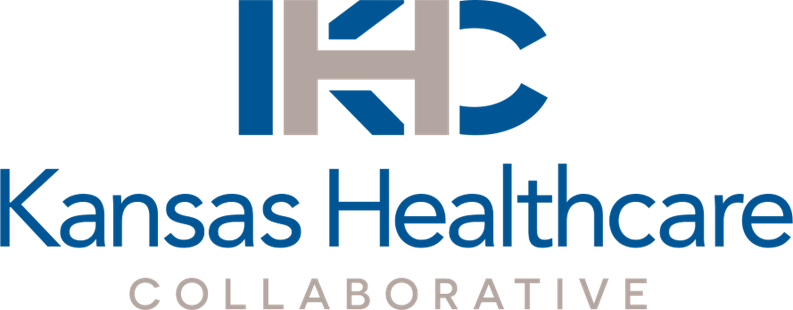
KHC is currently seeking clinicians and hospitals who are interested in participating in quality improvement initiatives to improve patient outcomes and prevent disease and disease progression. KHC provides no-cost technical assistance to clinicians and hospitals participating in these initiatives. Contact Mandy Johnson This email address is being protected from spambots. You need JavaScript enabled to view it. for more information.
1815/1817 Program: Cardiovascular Disease and Diabetes
High blood pressure, also known as hypertension, is a major risk factor for heart disease and stroke, the leading and fifth-leading causes of death, respectively. In 2018, nearly 96,000 deaths were primarily attributable to high blood pressure. Diabetes is the 7th leading cause of death in the US. More than 37 million people in the United States have diabetes, and 1 in 5 of them don’t know they have it. KHC, in collaboration with KDHE and CDC are working with medical practices to implement Evidence-based interventions to improve and control risk factors to prevent progression of these diseases.
- KHC will assess practice workflows and identify improvement opportunities
- Clinics will select and implement Evidence-based interventions
- Clinics may qualify for a modest stipend if deliverables are met
Eligibility: Clinic applications for QI Projects for Hypertension and Diabetes are accepted statewide. KDHE reviews all applications and selects participants based on the following criteria:
- Rural or underserved locations
- Clinics that serve underserved or high-risk populations
- County Health Rankings
- Current availability of funding
Health Systems Breast & Cervical Cancer Screening Program
Cancer is the 2nd leading cause of death in the United States and Kansas for both men and women. More than 15,000 Kansans are diagnosed with cancer each year, and approximately 5,500 die from the disease. KHC, in collaboration with KDHE, will assist clinicians in increasing breast and cervical cancer screening rates.
- Clinics will select and implement Evidence-Based Interventions (EBIs)
- Clinics are encouraged to participate in the EDW Program
Eligibility: Priority will be given to clinics whose current cancer screening rate is below 60% and who serve high priority or underserved populations which is defined by the following:
- Low Income
- Underinsured or no insurance. Underinsured are those that have deductibles of $2,500 or more
- Rural
- Clinics serving underserved or high-risk populations
Overdose Data to Action Program (OD2A)
Provisional surveillance results from the State Unintentional Drug Overdose Reporting System (SUDORS) shows that between January 1, 2021 and June 30, 2021 Kansas saw a 54% increase in drug overdose deaths compared to the same six month period in 2020. KHC will, in collaboration with KDHE, will provide technical assistance for overdose prevention in clinics and hospitals using CDC guidelines for prescribing opioids. Clinics and hospitals will create or revise workflows and procedures to prevent overdoses in their communities.
- Prescription Drug Monitoring Program (PDMP) interface with electronic health record
- KHC provides technical assistance in creation of customized workflows and procedures
- Clinics may qualify for a modest stipend if deliverables are met
Eligibility: Priority is given to clinics and hospitals located in counties determined by KDHE to be high-risk. Clinics may not be currently funded by KDHE for another OD2A project.
Zero Suicide Program
Recent research shows primary care providers see individuals that die by suicide twice as often as mental health providers. An estimated 45% of individuals that died by suicide were seen the month prior to their death by a primary care provider. Primary care providers are most likely to see a patient at risk of suicide and by identifying patients at risk and referring to specialty treatment death by suicide can be prevented.
- Clinics will implement the Columbia Suicide Severity Rating Scale tool in primary care clinics to identify and refer patients to treatment who are at risk of harm from suicide.
- KHC will provide technical assistance and project support in creating customized workflows and procedures for suicide prevention and referral to behavioral health care.
Eligibility: Primary Care Clinics are eligible to participate in this program. Use of Depression Screening PHQ9 preferred but not required.
1803 Arthritis Program
Arthritis is the leading cause of work disability among adults. There are an estimated 58.5 million adults in the United Staets living with arthritis. 25.7 million have limited daily activities due to their diagnosis of arthritis. KHC, in conjunction with KDHE, will work with clinics to implement evidence-based interventions to increase physical activity in adults living with arthritis.
Eligibility: Primary Care practices are eligible to participate in this program.

